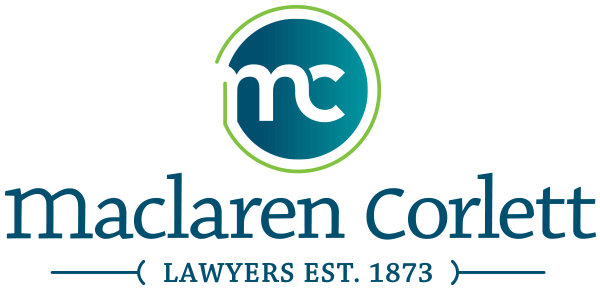Michael A. Chambers’s Posts
![]()
A question so many non-profit organization directors often ask is – what are my rights as a director. This two-part piece will answer that question for those who are directors of non-profit organizations incorporated (or continued) under the Canada Not-for-profit Corporations Act (“the Act” or “Canada NFP Act”).
As mentioned in “Part 1”, a director of a federal not-for-profit corporation has the right to vote at meetings of the board of directors. This is a fundamental right of …
![]()
There is much written concerning the duties and responsibilities of directors of non-profit incorporated organizations. There is little available in a concisely collated manner regarding their rights. As a long-time non-profit organization director I know that an oft-asked question by directors is: just what are my rights. This two-part piece will answer that question for those who are directors of non-profit organizations incorporated (on continued) under the Canada Not-for-profit Corporations Act (“the Act” or “Canada NFP Act”).
First and foremost, …

Best Lawyers® in Canada 2020 recognizes Gordon B. Greenwood and Mary G. Griffith as leading practitioners in the areas of Advertising and Marketing Law.
Mary G. Griffith continues her long-standing recognition in the field of Advertising and Marketing Law. She was first recognized by Best Lawyers in Canada in 2006. Mary heads up Maclaren Corlett’s Toronto office regulatory, advertising and marketing law practice. Her practice covers all product types, including drugs (over-the-counter, prescription, natural health products), food, cosmetics …
![]()
The legislation governing not-for-profit corporations incorporated or continued under the Canada Not-for-Profit Corporations Act does not permit a Board of Directors to remove a board member. Board members are to be elected, with certain exceptions, by the membership of the organization, and can only be removed from the Board by a resolution calling for such passed at a special meeting of the membership. The Board itself cannot remove a Board member. The particularly relevant sections of the Act are subsections …
![]()
There has been much in the media over the past several months, both here and south of the border, regarding allegations of, and denials of, conflicts of interest. Over the years I have found this one of the most difficult, and awkward, policies to actually see applied in the boardroom.
There are many various definitions of a conflict of interest but they all essentially boil down to this: a conflict of interest arises in a situation where private interests or …
![]()
It is popular these days to label almost every complaint about the management of an organization as a governance issue. This belies the notion that having structures, policies, and procedures in place that incorporate the principles of good governance within an organization will ensure that good and sound management decisions will be made by those in charge. No it won’t. Good governance is not a panacea for bad management. It is extremely important that organizations have good governance but to …
![]()
There is a widely held myth by many that the obligation to pay child support ends once a child reaches the age of 18, the age of majority. Not so. It, in virtually all cases, continues much beyond that age, and if a Court Order or separation agreement is silent on the date when child support ends, it almost certainly will not come to an end at age 18 and will continue beyond that age with no certainty with respect …
![]()
A little known, and little used, authority given to persons acting under a Power of Attorney is the authority given under sections 37 and 38 of the Substitute Decisions Act, to makes gifts or loans to the friends and relatives of the individual incapable of managing his or her own affairs. A person acting under a Power of Attorney for another may also make charitable gifts on behalf of the incapable individual.
The authority to make these gifts and …
![]()
Ensuring integrity and good governance in an organization requires much more than papered principles of good governance. It requires organizational buy in. And, organizational buy in requires those who make up the organization, from top to bottom, to embrace and adopt integrity and good governance as the way business is done each and every day on the job. In other words, it’s the people in the organization that either bring integrity and good governance to life or leave it as …
![]()
There is a common misconception among those not trained in the law that a person appointed under a Power of Attorney to take care of your financial affairs when you become incapable of doing so yourself (under what is most often called a Continuing Power of Attorney) continues to have authority to at least “tidy things up” once you die. This is not true. The law is clear. Authority to act under a Power of Attorney is terminated, ends, when …



